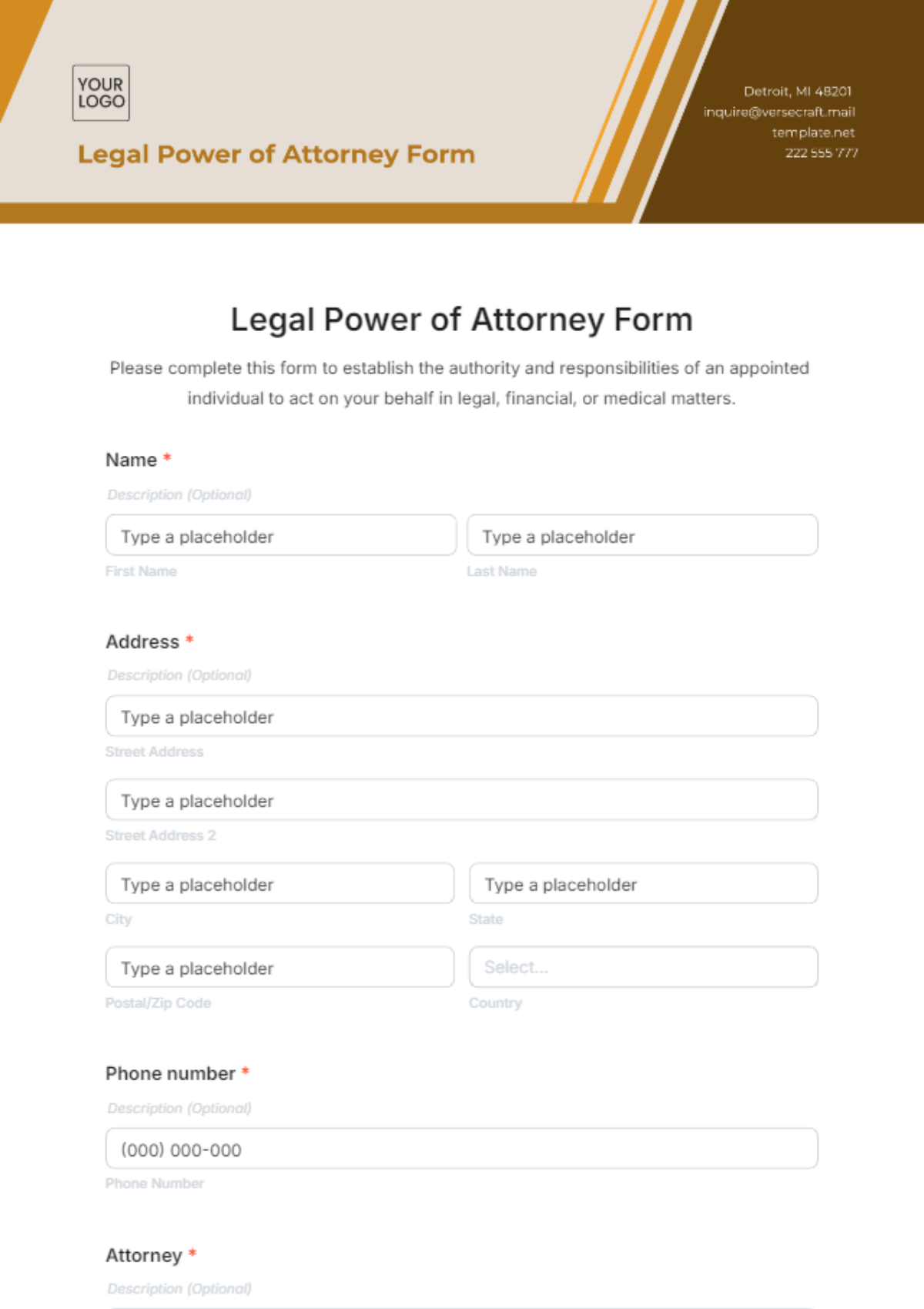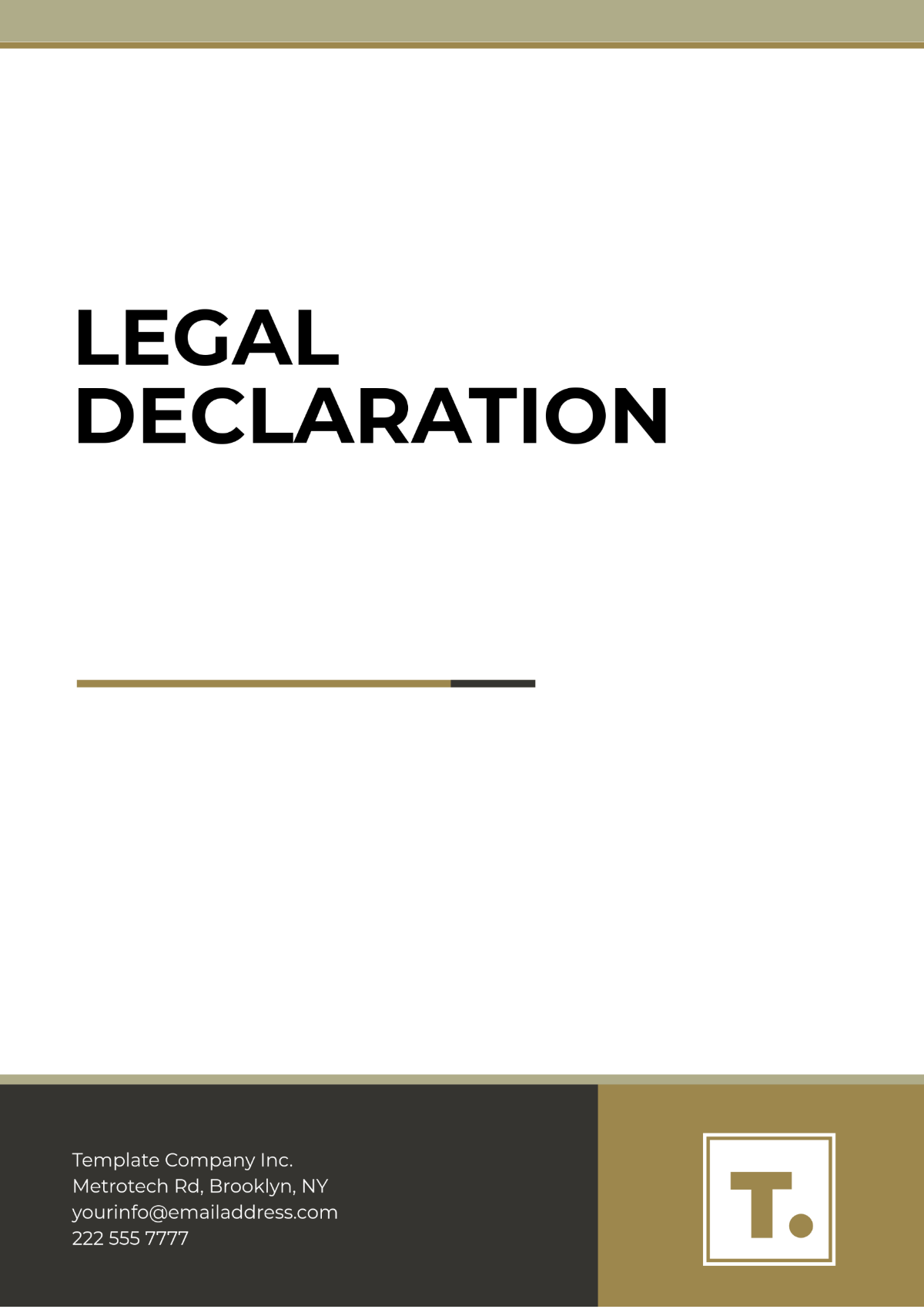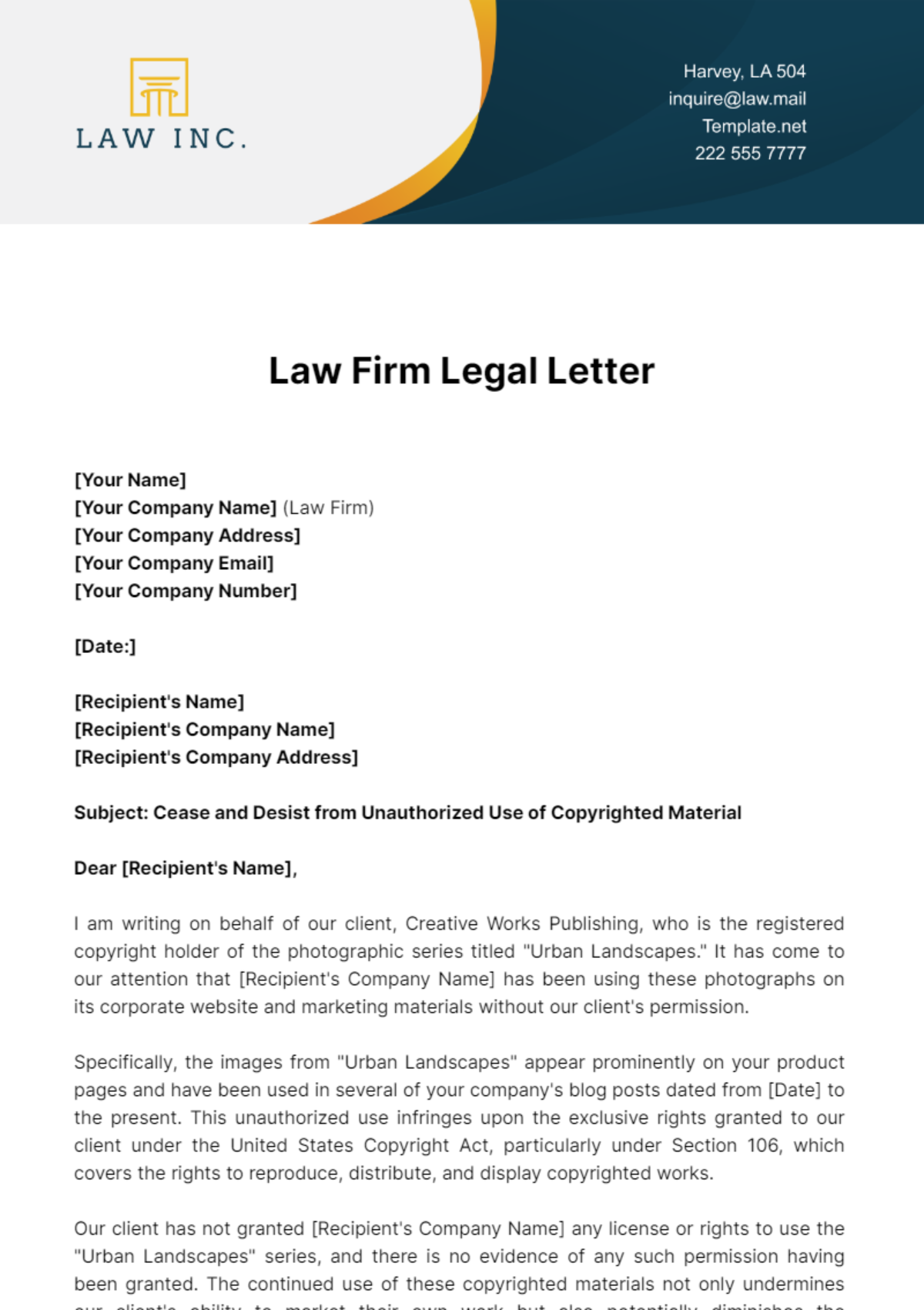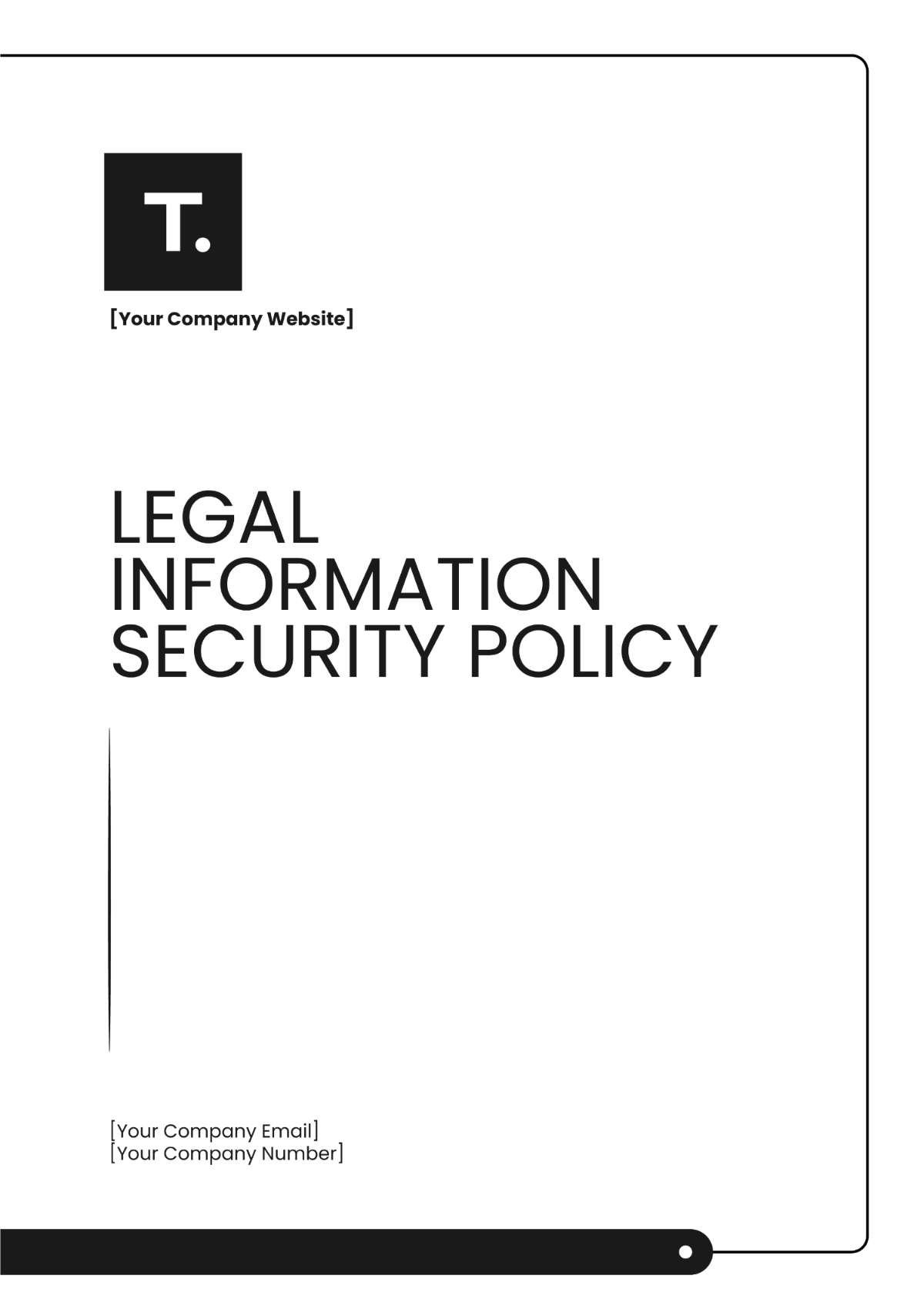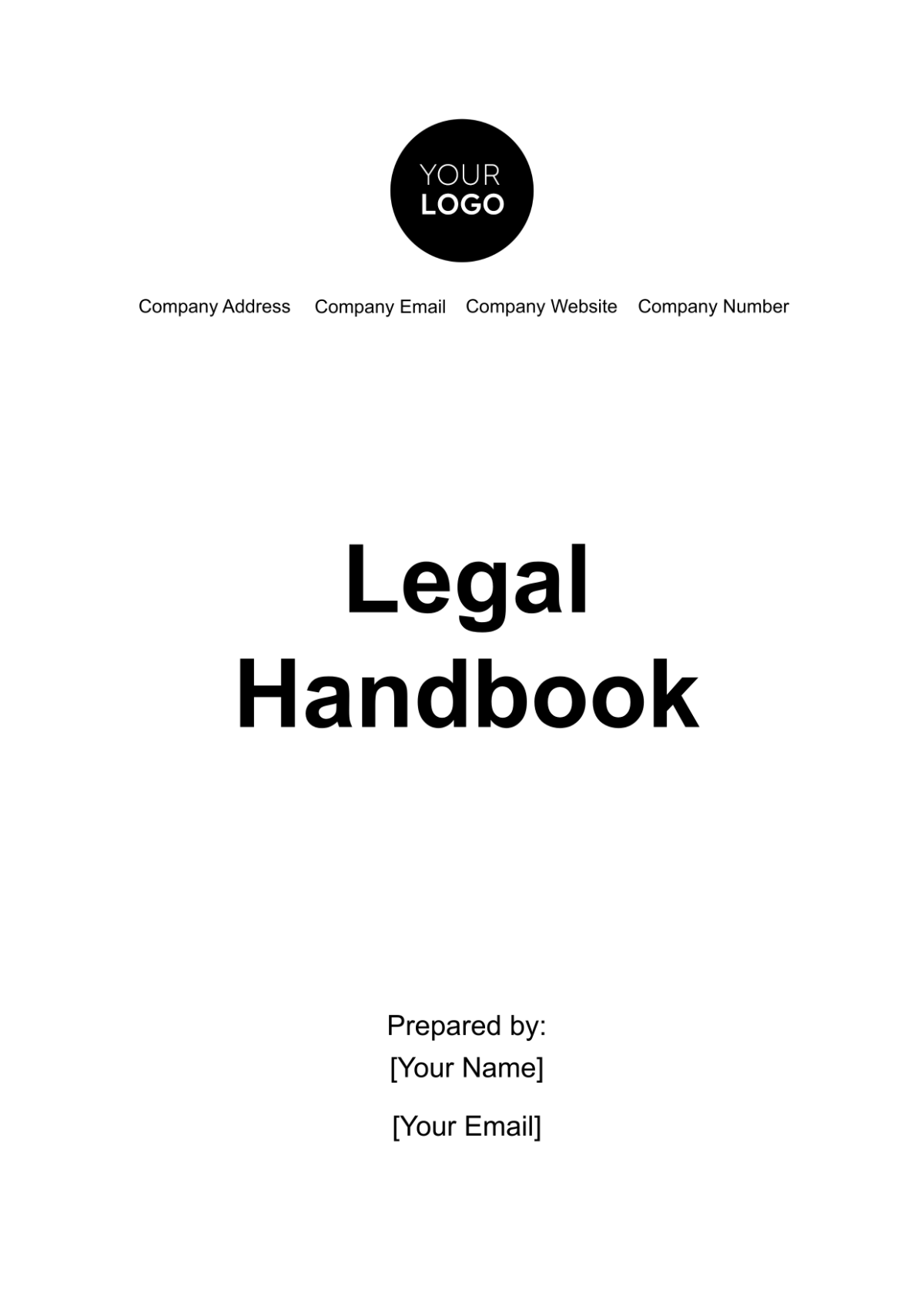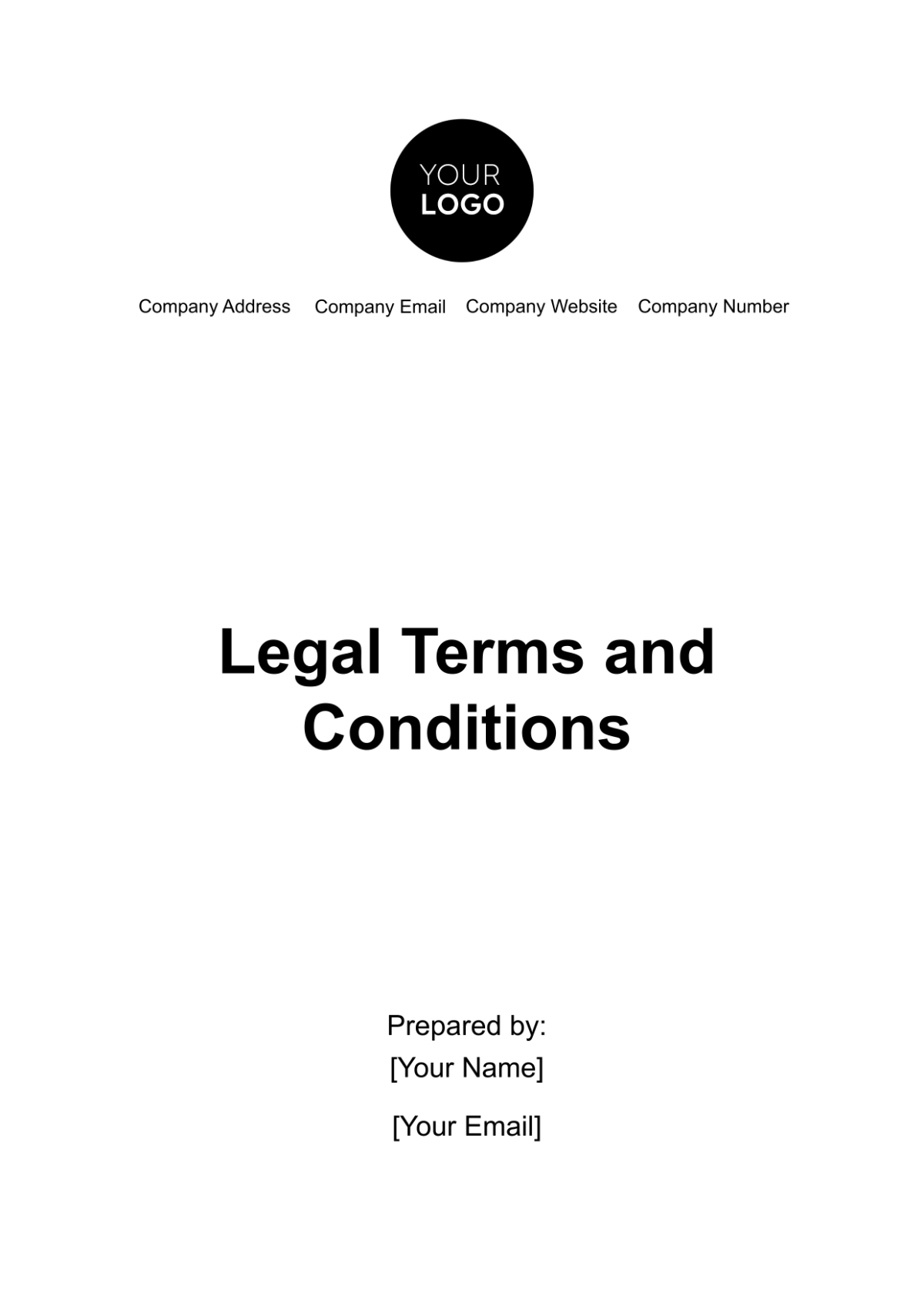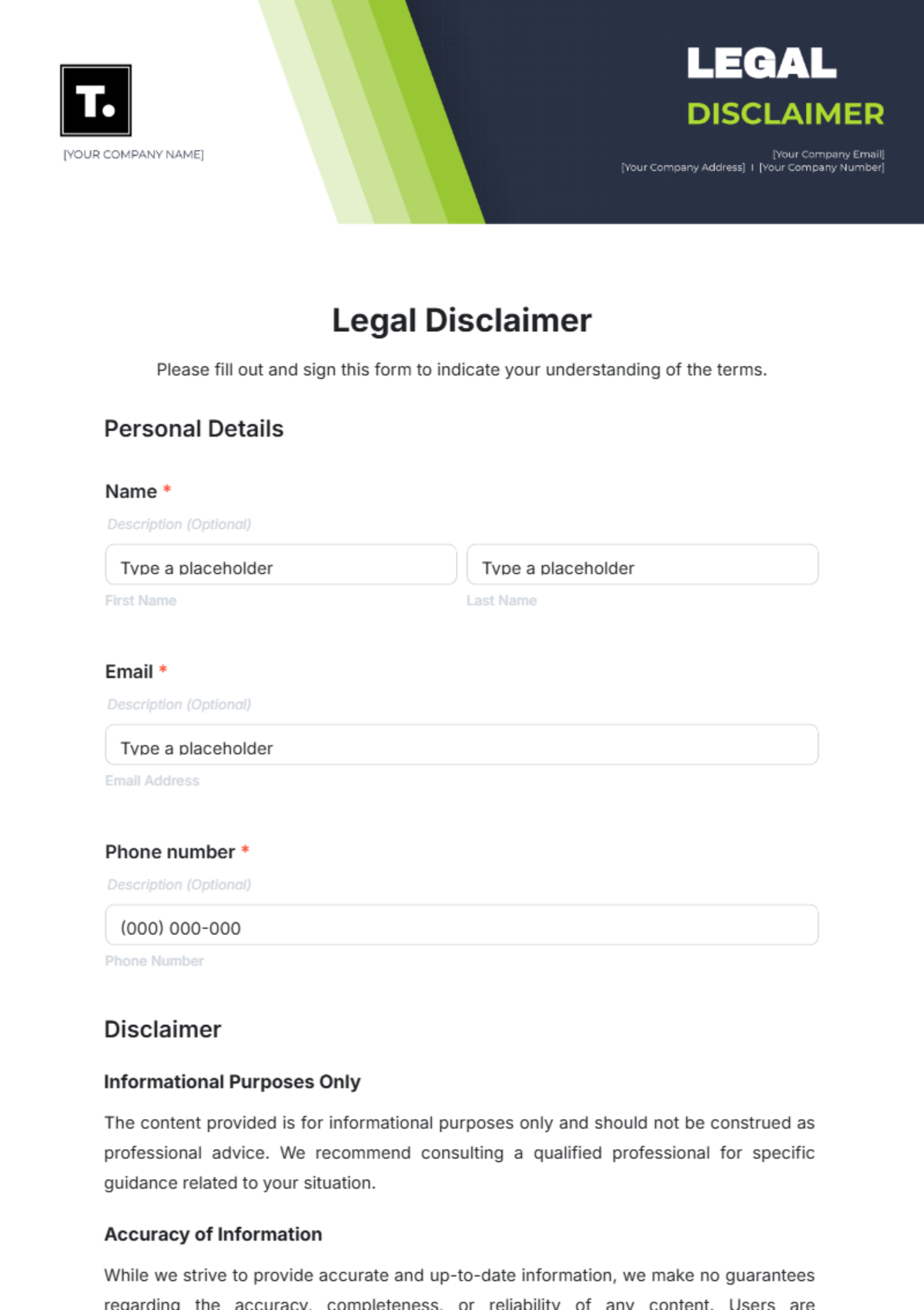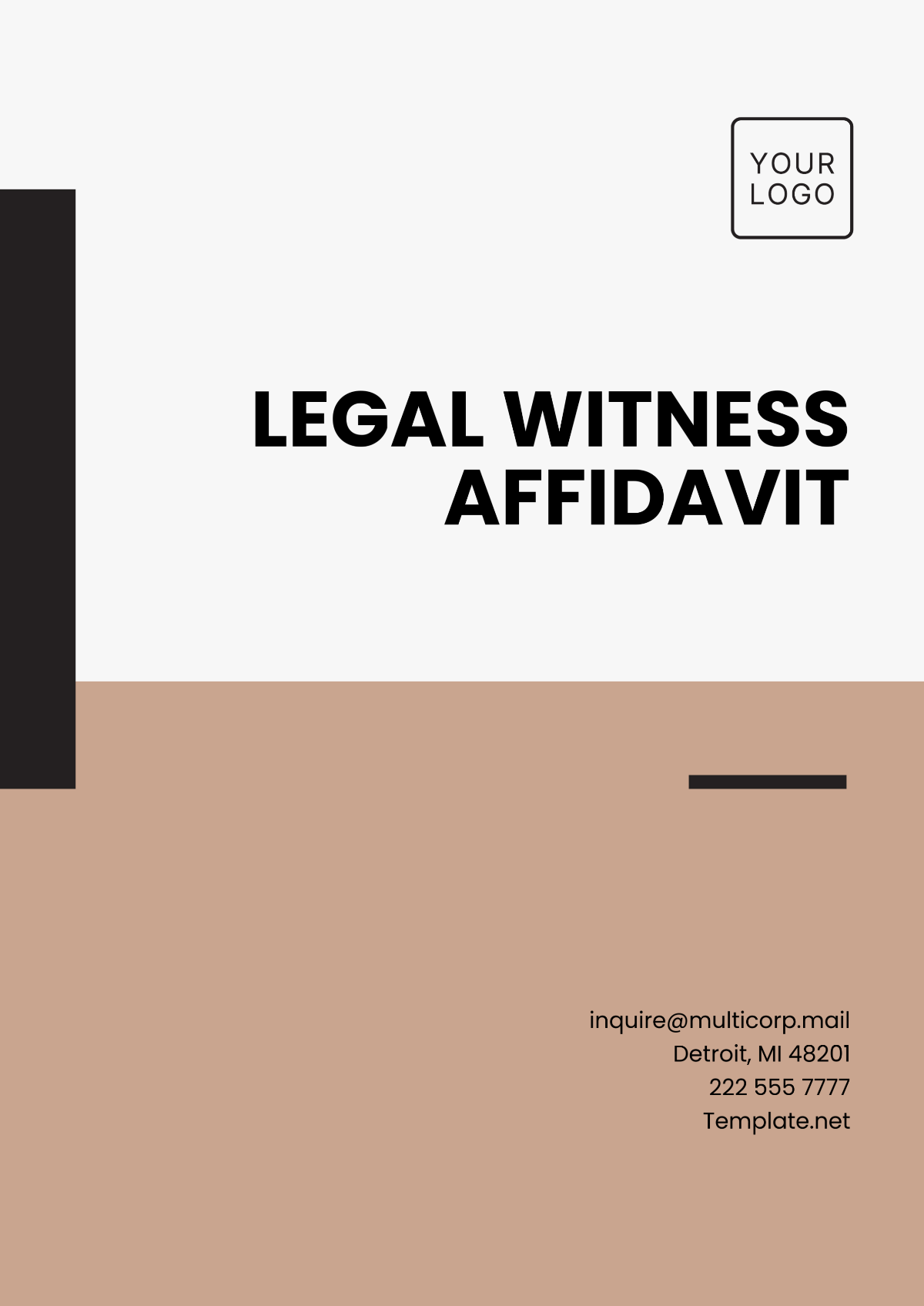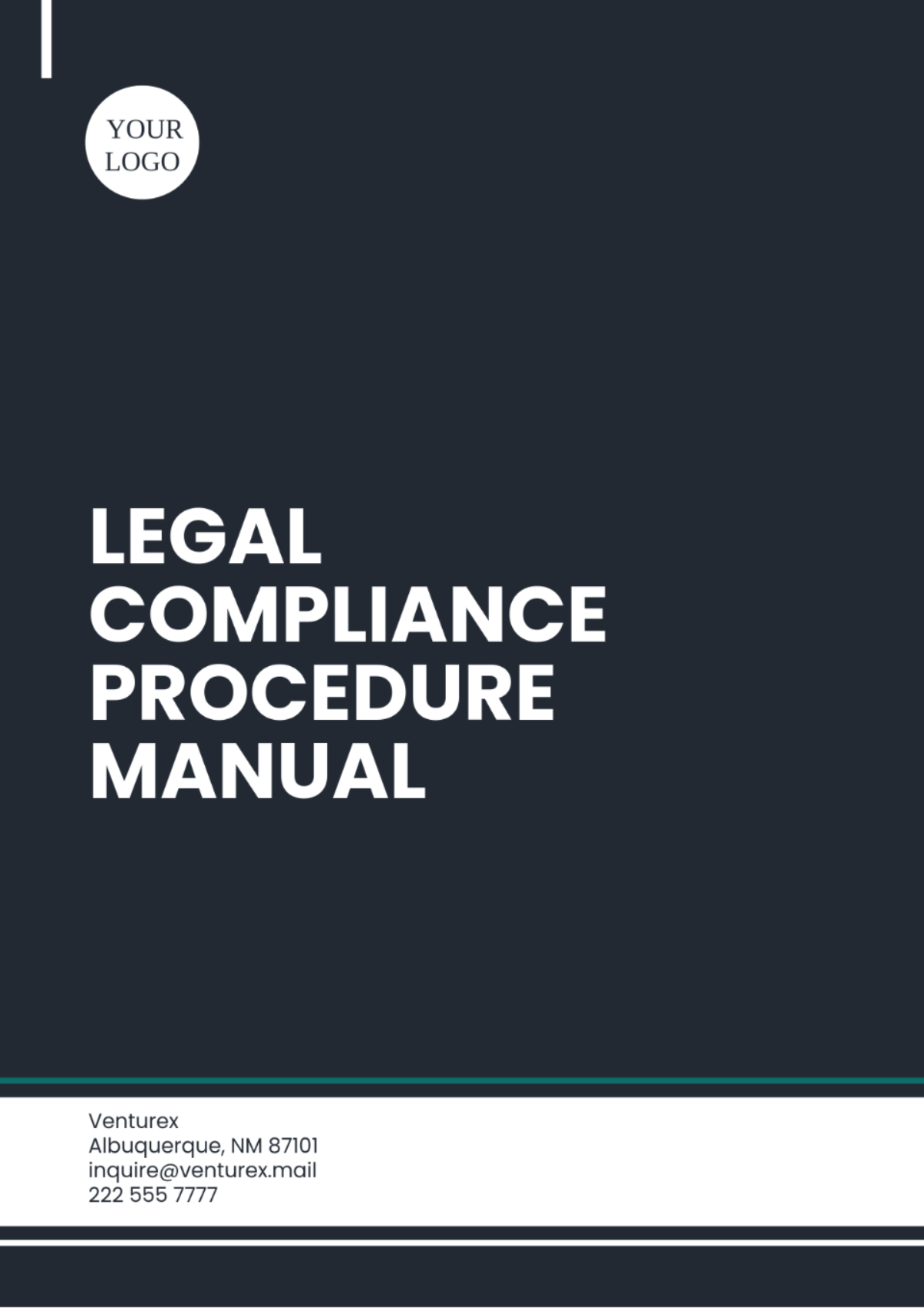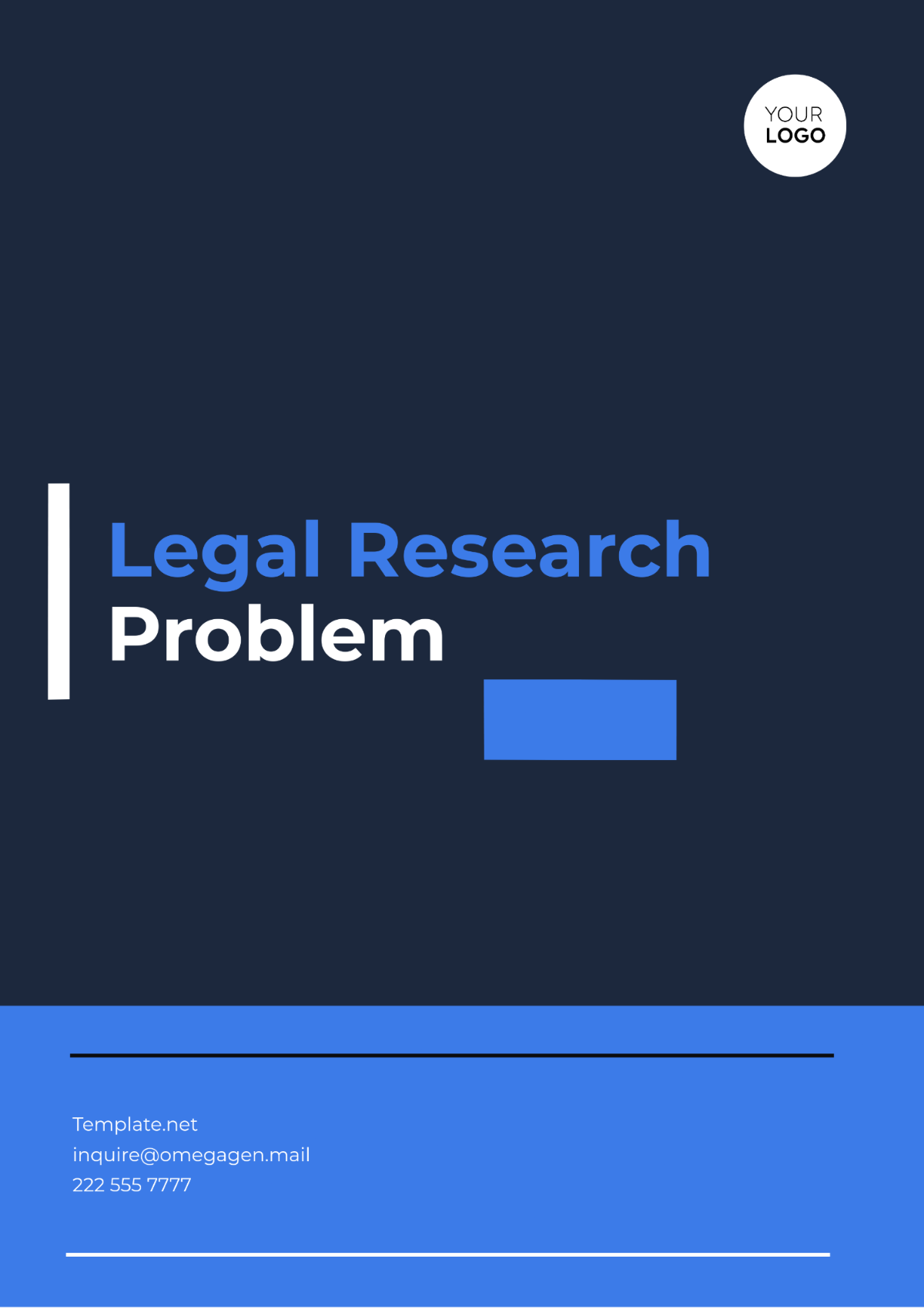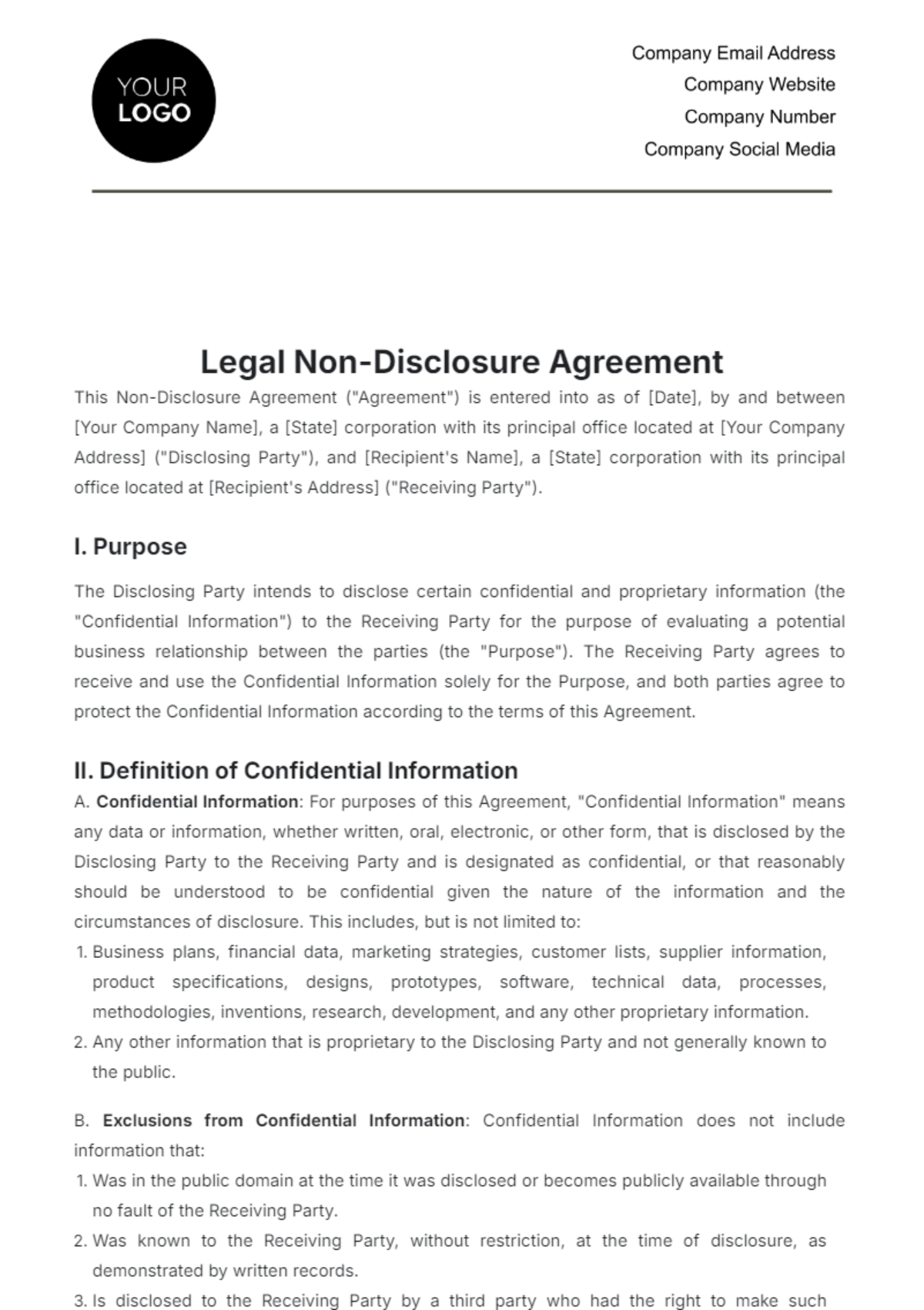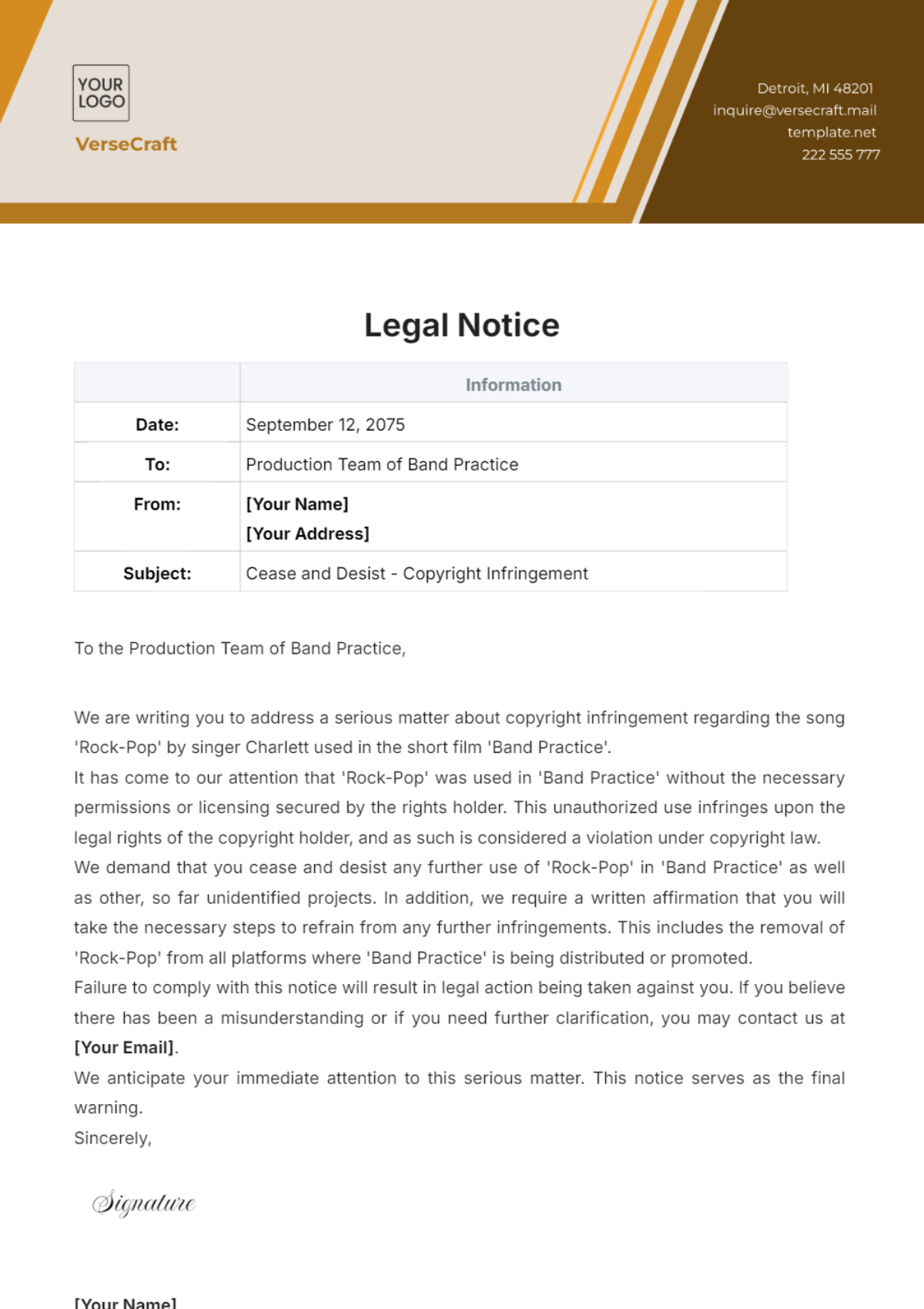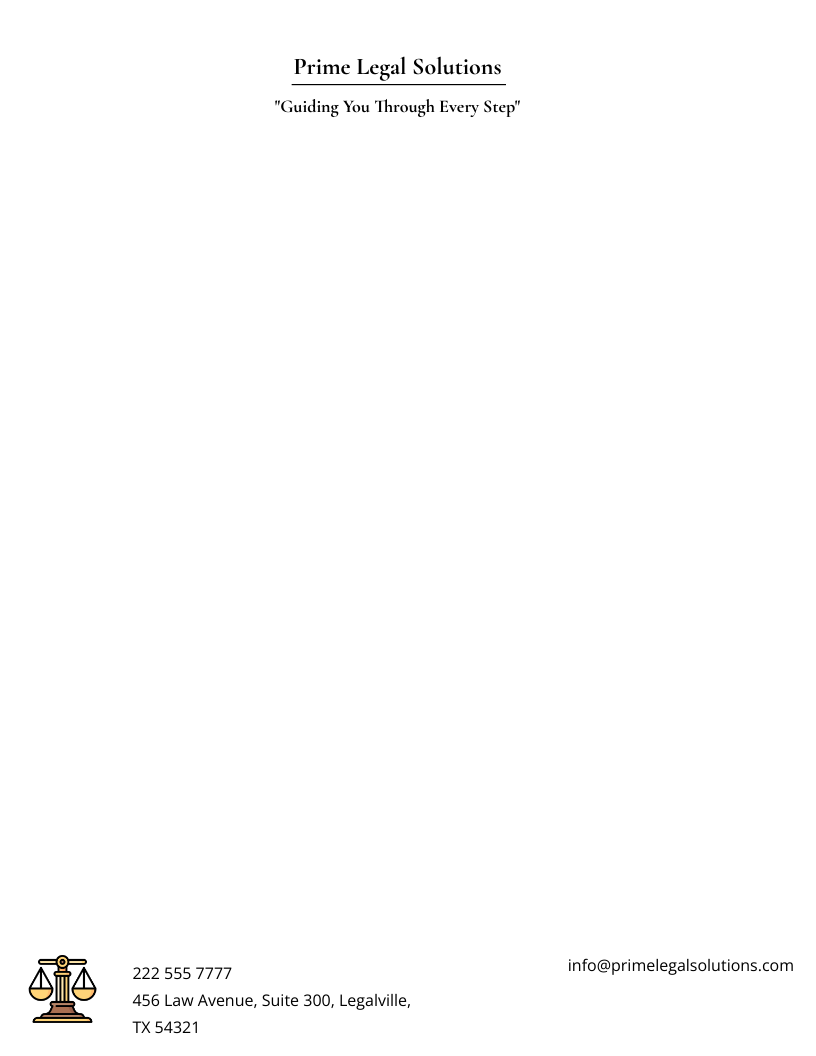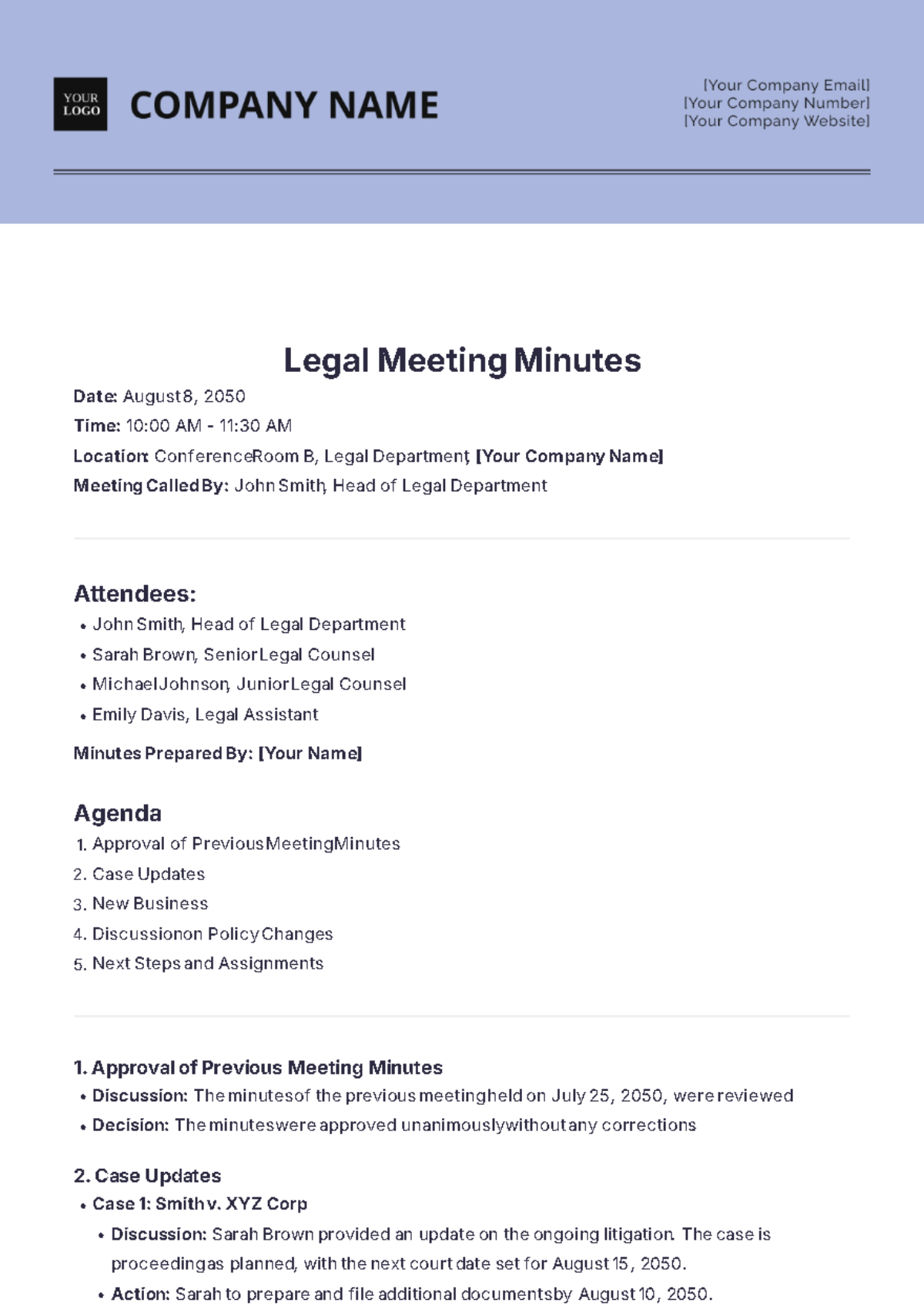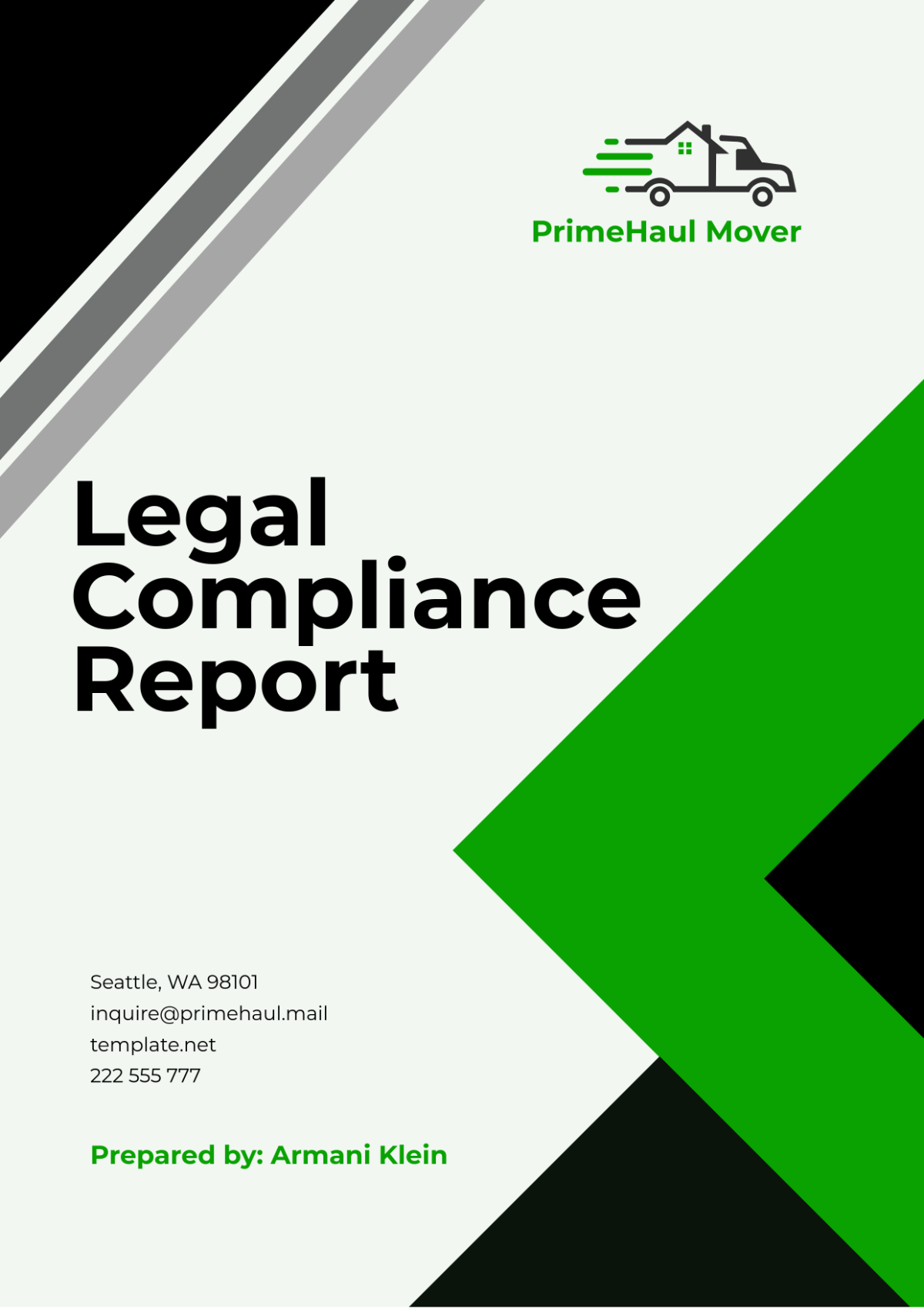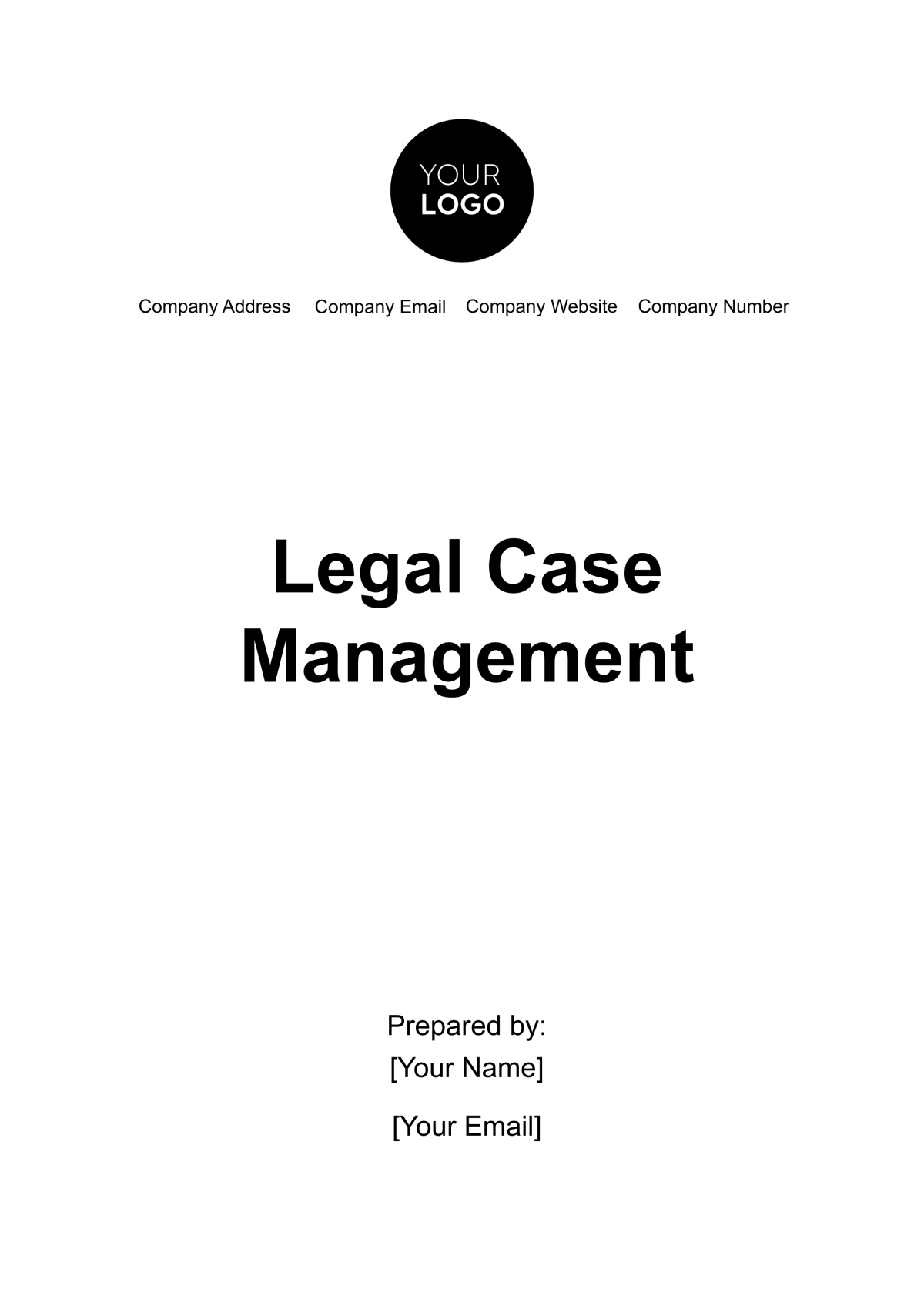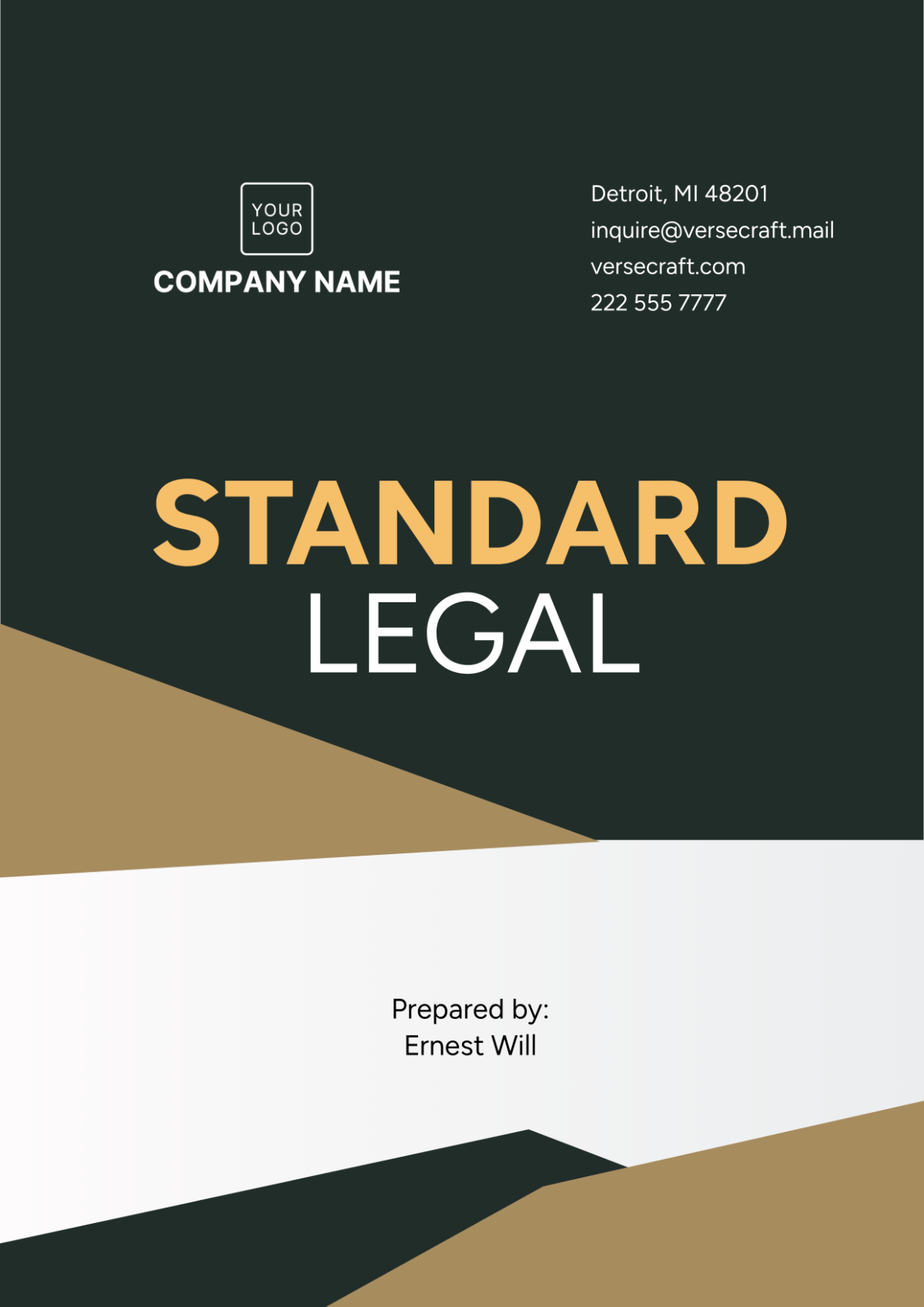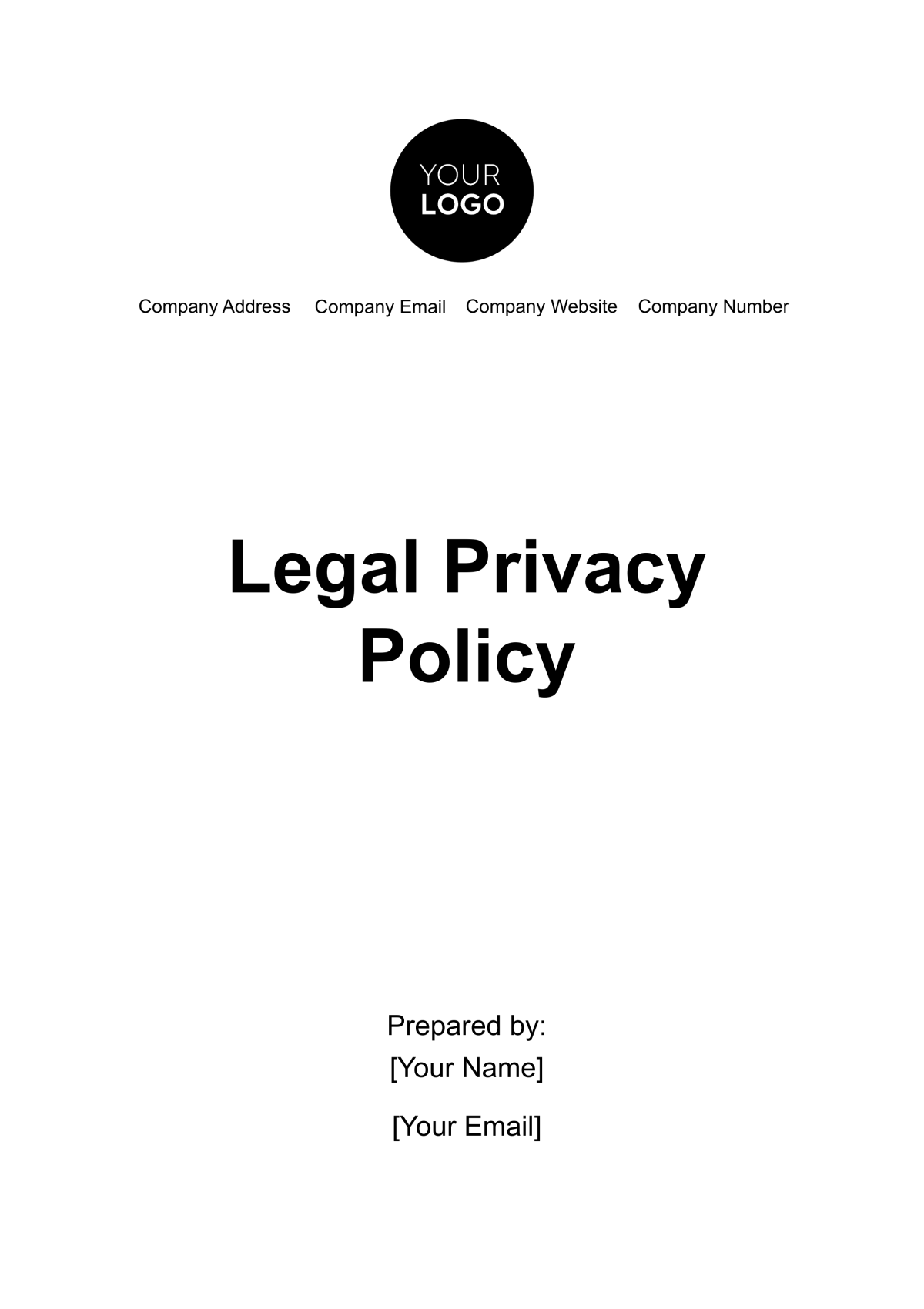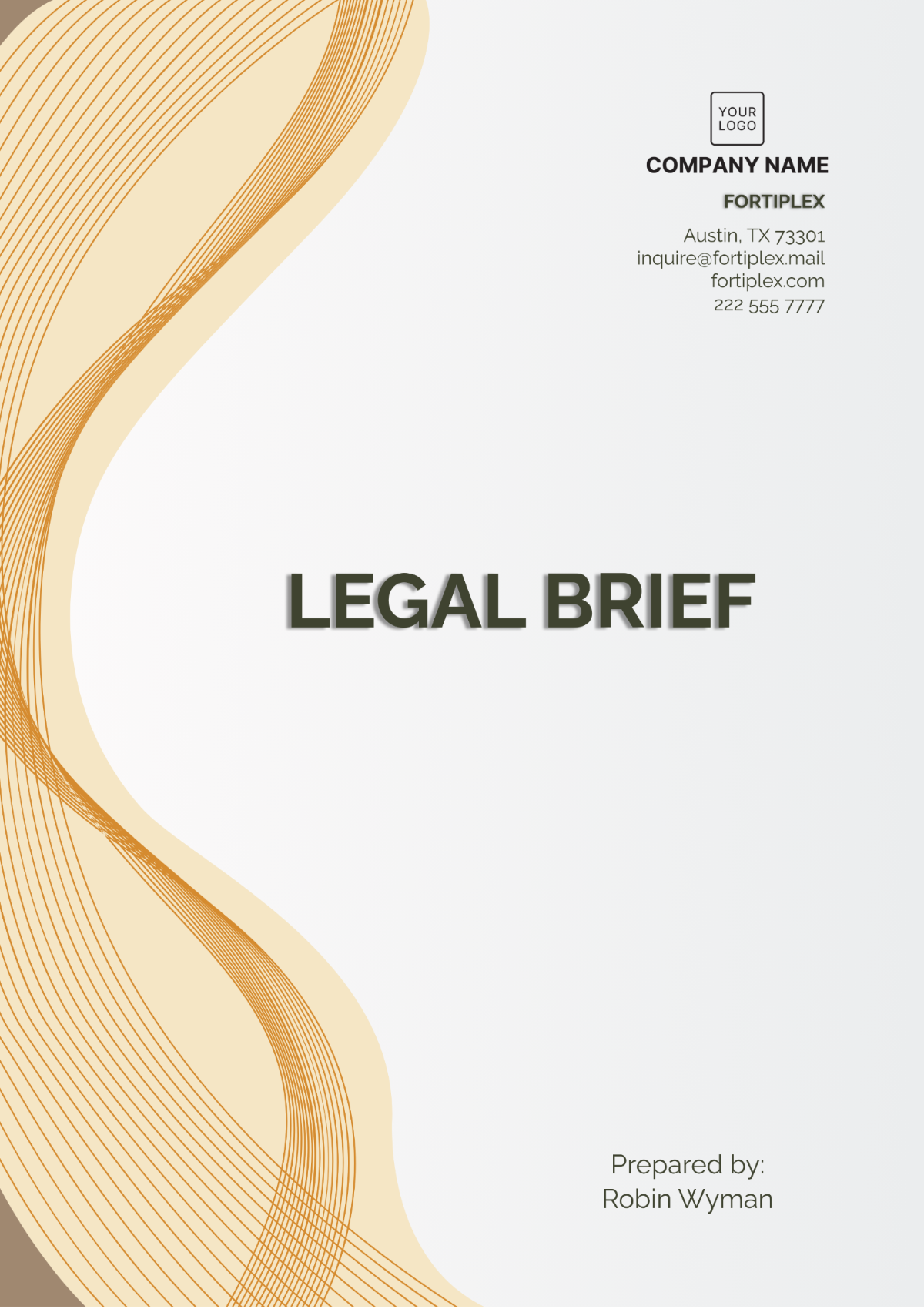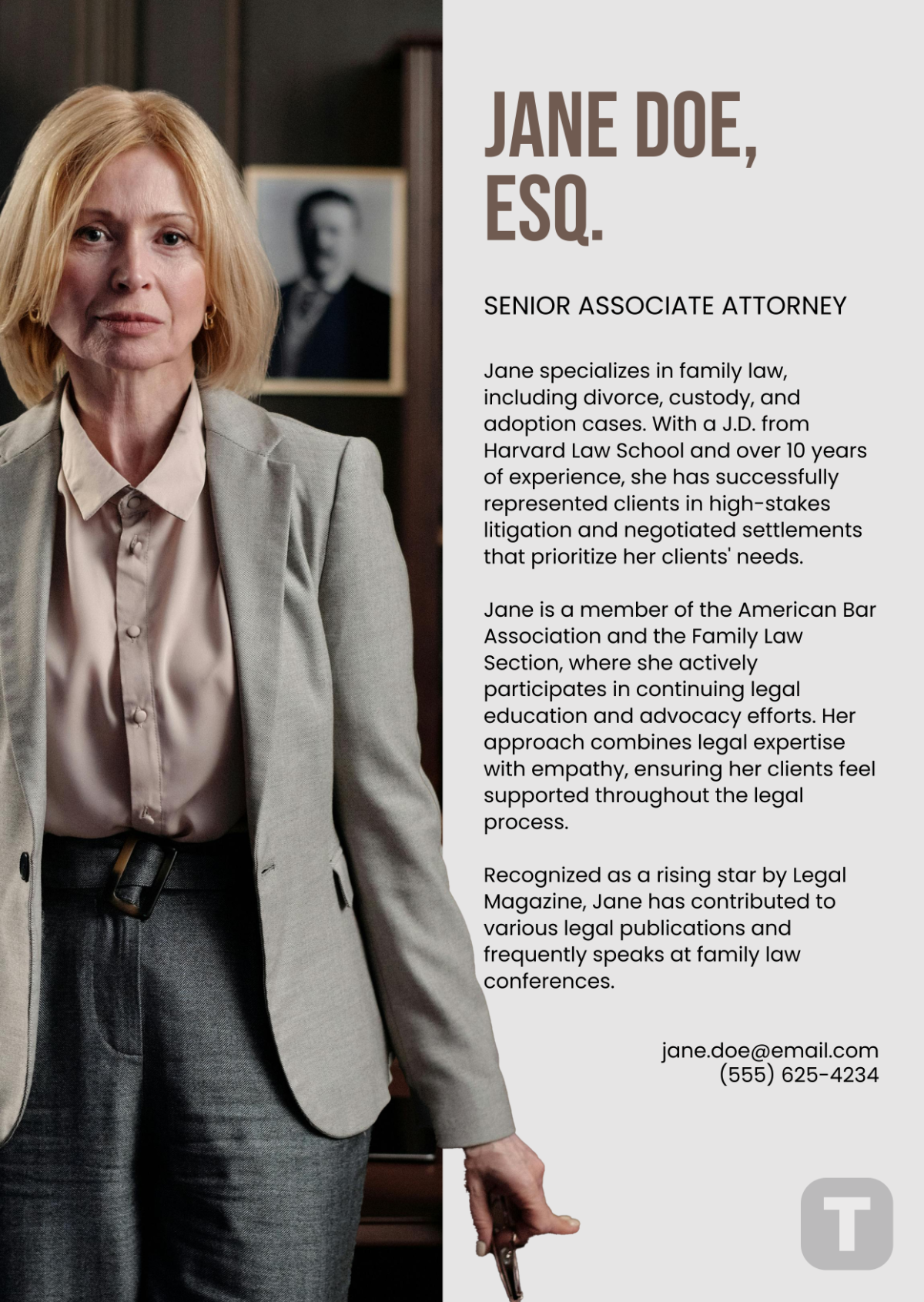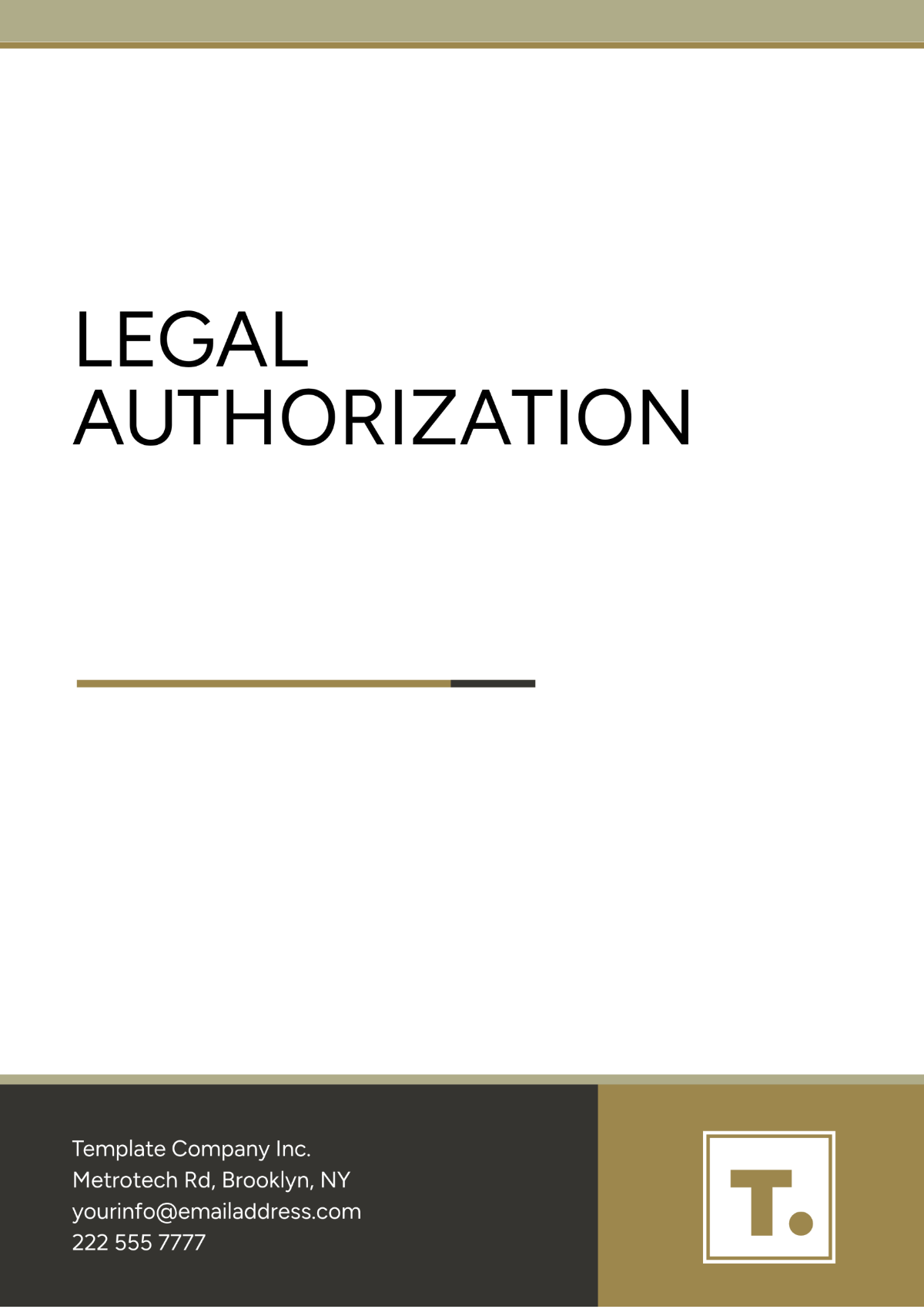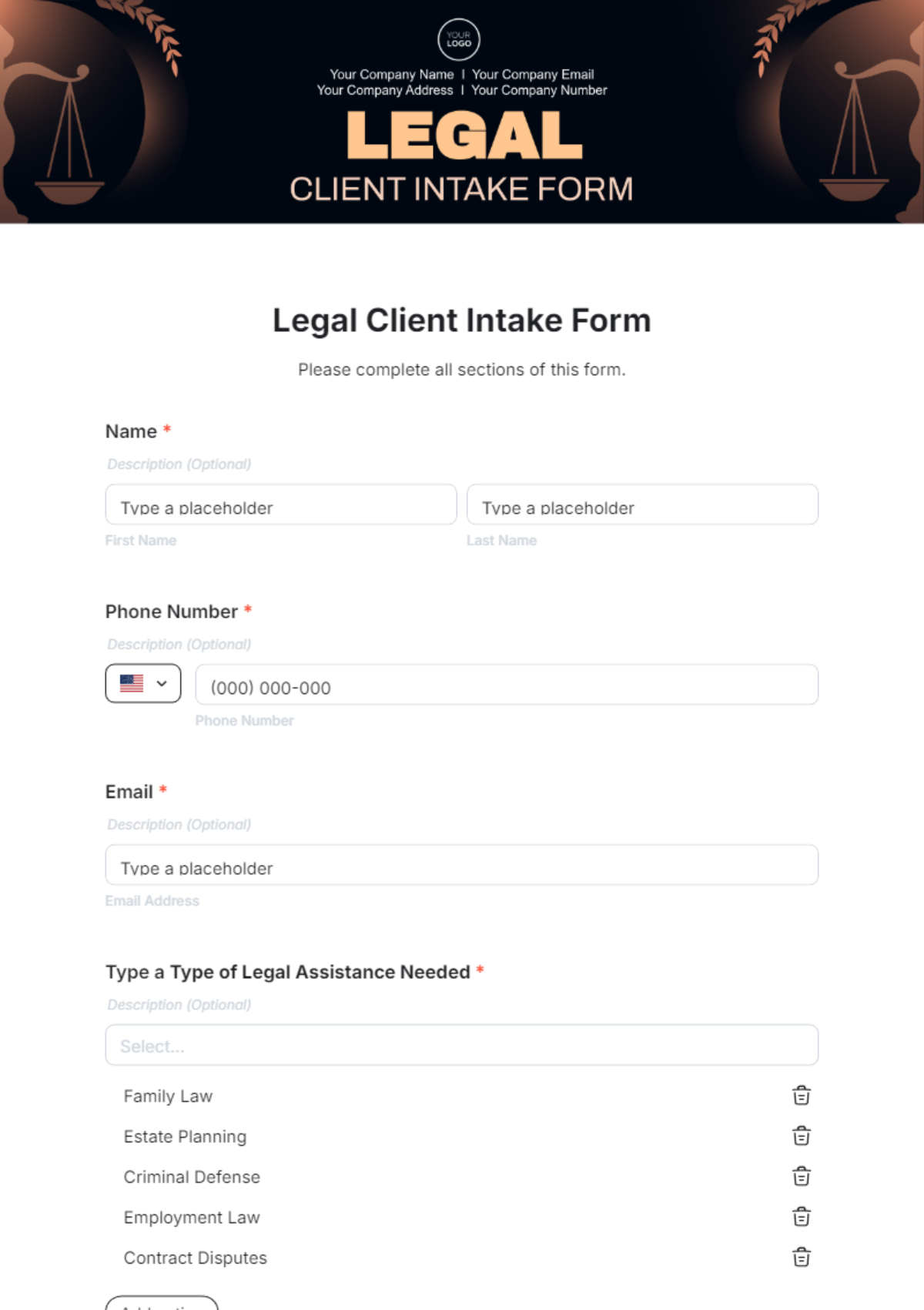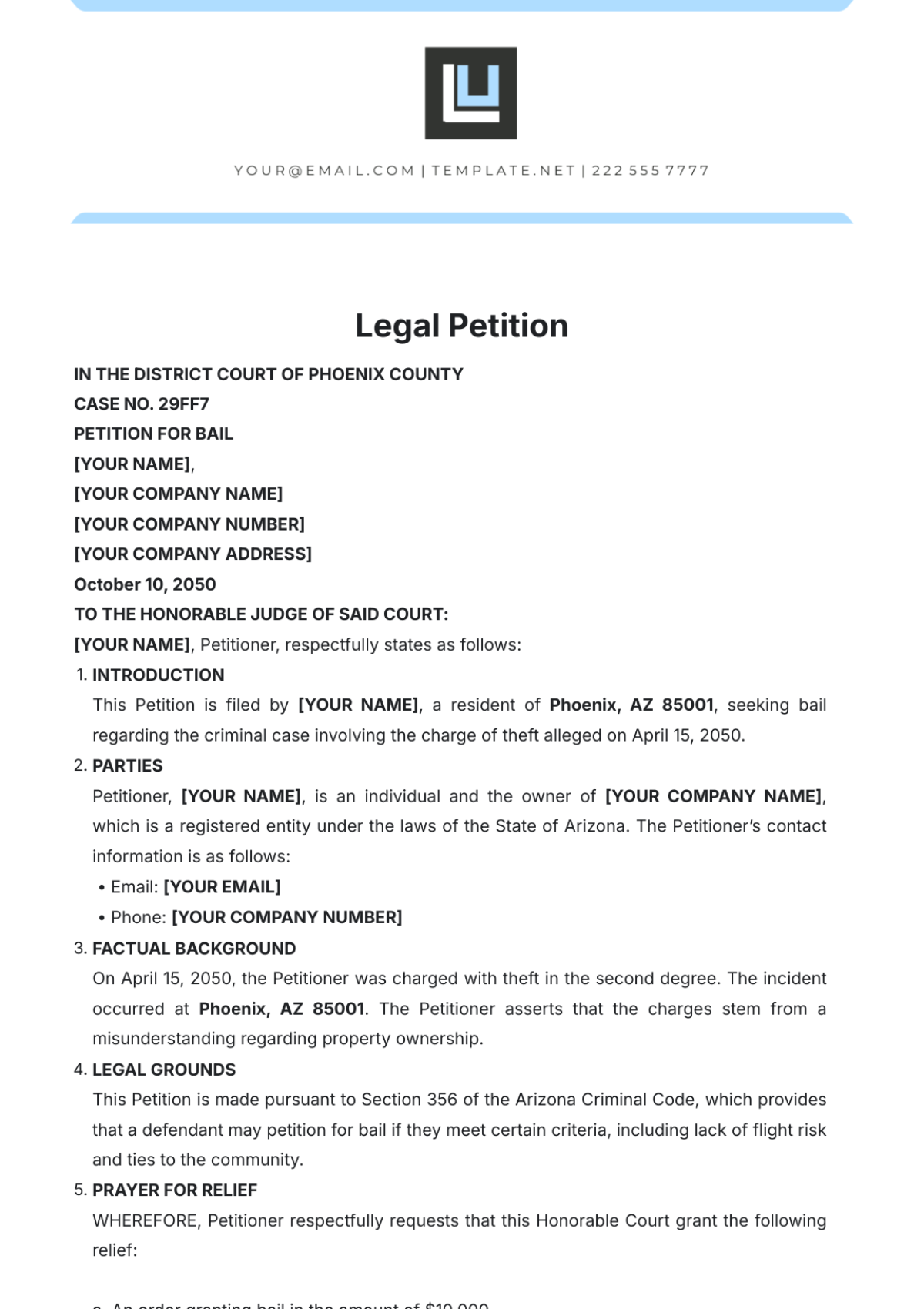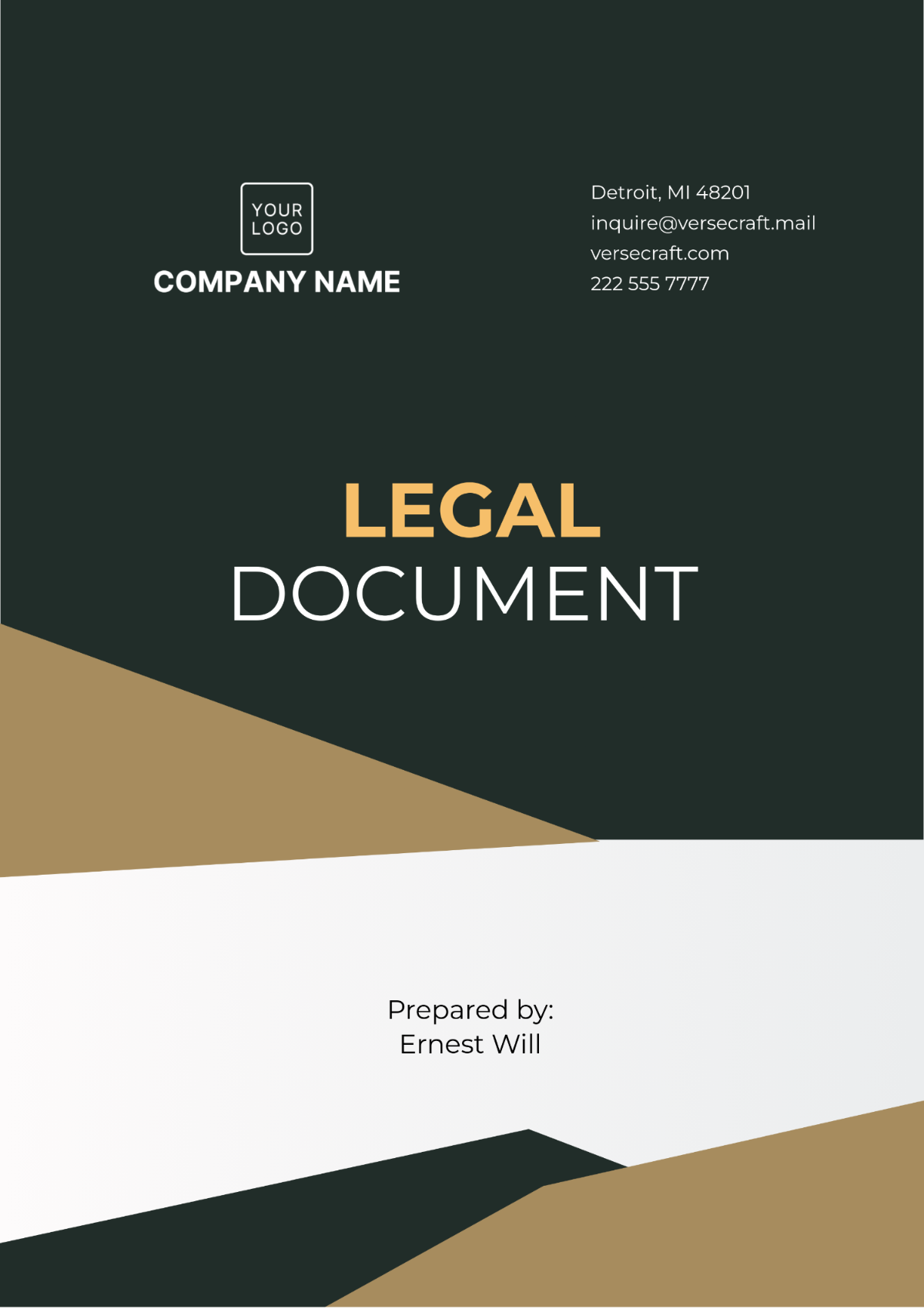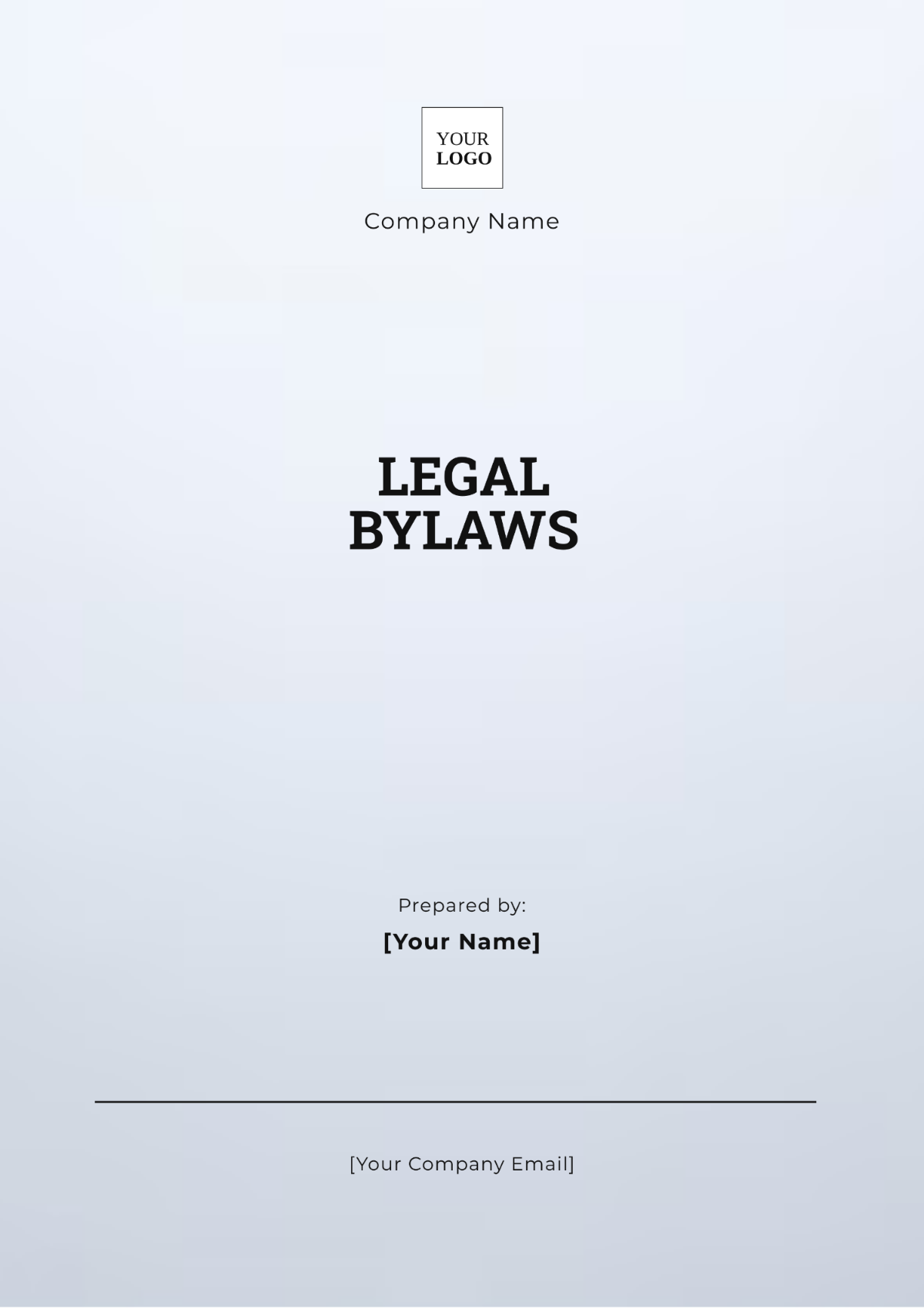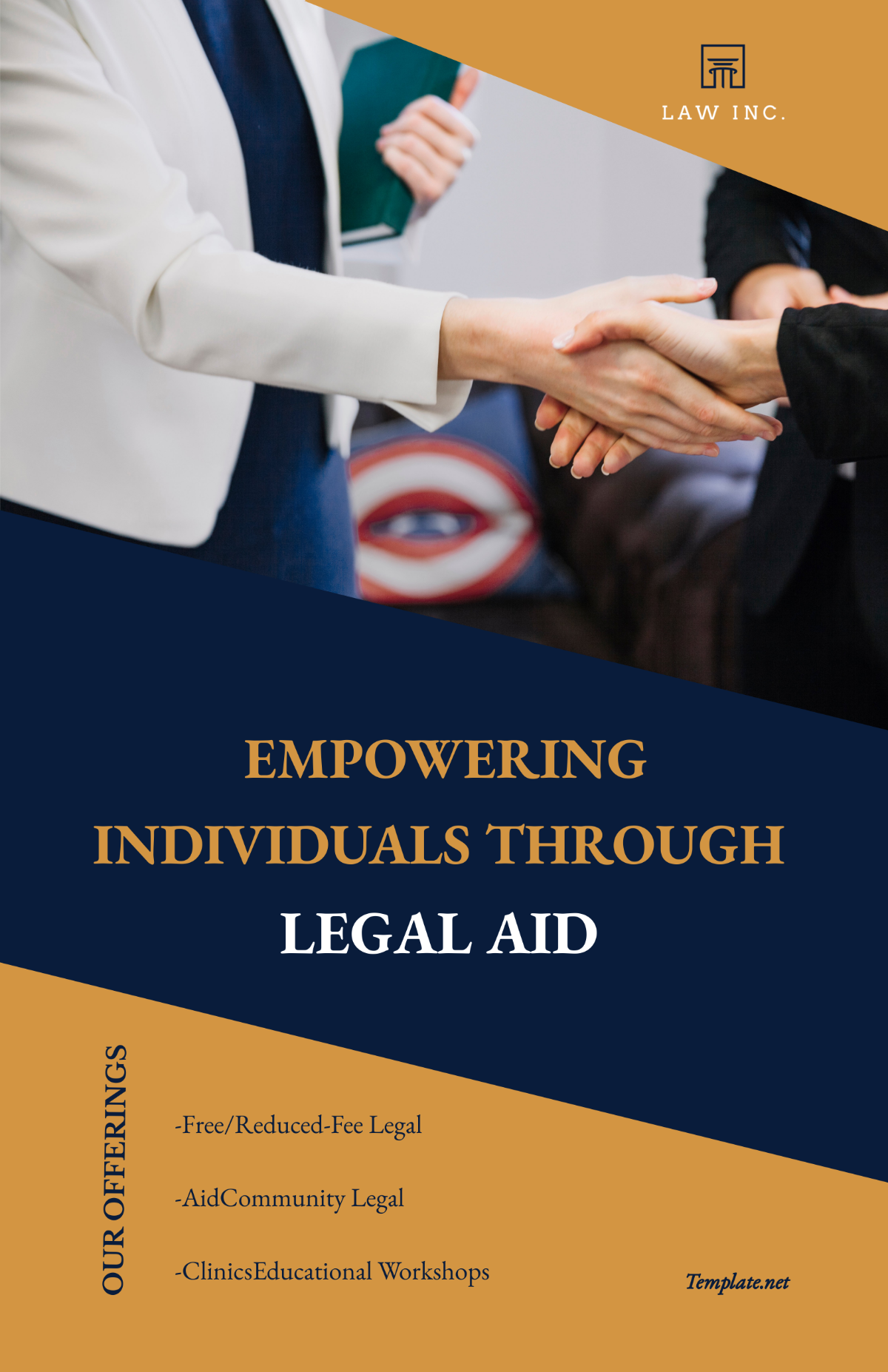Sample Student Case Brief
Case Title: Harper v. Swift University
I. Introduction
This case involves a legal dispute between a student, Alex Harper, and Swift University. The plaintiff, Harper, alleges that the university wrongfully terminated his enrollment due to alleged academic misconduct, which he denies. The university contends that Harper violated its academic integrity policy and thus justifies its decision.
II. Facts of the Case
Harper, a second-year student at Swift University, was accused of plagiarism in a research paper submitted for his History of Law course. The university's academic integrity committee reviewed the case and concluded that the paper contained significant portions of uncredited material, leading to Harper's expulsion.
Harper argues that the similarities were unintentional and a result of a software error. He claims that his paper was not reviewed properly, and the decision was made without giving him a fair chance to defend himself.
Fact | Description |
|---|---|
Plaintiff | Alex Harper |
Defendant | Swift University |
Accusation | Plagiarism in a research paper |
Defense | Software errors led to unintentional similarities |
Outcome | Expulsion from Swift University |
III. Legal Issues
The primary legal issue in this case is whether Swift University followed due process in expelling Harper. Additionally, the case examines whether the university's academic integrity policy was applied fairly and consistently.
Due Process: Did Swift University provide Harper with adequate notice and a fair hearing before making the decision to expel him?
Fair Application of Policy: Was the academic integrity policy applied consistently or was Harper treated differently from other students accused of similar violations?
IV. Arguments
A. Plaintiff's Arguments
Harper, represented by [Your Name] from [Your Company Name], contends that the university violated his rights to due process. He argues that the university’s decision was based on flawed evidence and that he was not given a fair opportunity to present his case. Harper also points to inconsistencies in how the university handled similar cases, suggesting that his expulsion was arbitrary and capricious.
B. Defendant's Arguments
Swift University, represented by Don Ontario's Firm, argues that the academic integrity policy is clear and was applied appropriately in this case. The university maintains that Harper's actions constituted a serious violation, justifying his expulsion. The defense emphasizes that Harper was given notice of the accusations and had the opportunity to appeal the decision within the university's internal processes.
V. Court Decision
The court ruled in favor of the defendant, Swift University, finding that the university had followed its established procedures and provided Harper with sufficient notice and opportunity to be heard. The court also found no evidence of discrimination or unfair treatment in the application of the academic integrity policy.
Court | Ruling |
|---|---|
Judge | Hon. Laura Morales |
Decision | In favor of Swift University |
Reasoning | Due process was followed, and no evidence of unfair treatment |
VI. Conclusion
This case underscores the importance of universities following their procedures carefully when handling allegations of academic misconduct. The decision reinforces the principle that courts will generally defer to academic institutions' internal processes, provided they are fair and transparent.
[Your Company Name] and [Your Name] were instrumental in presenting the arguments on behalf of the plaintiff. However, the court’s decision highlights the challenges in overturning university decisions related to academic integrity, particularly when the institution can demonstrate that it has followed its own rules.
